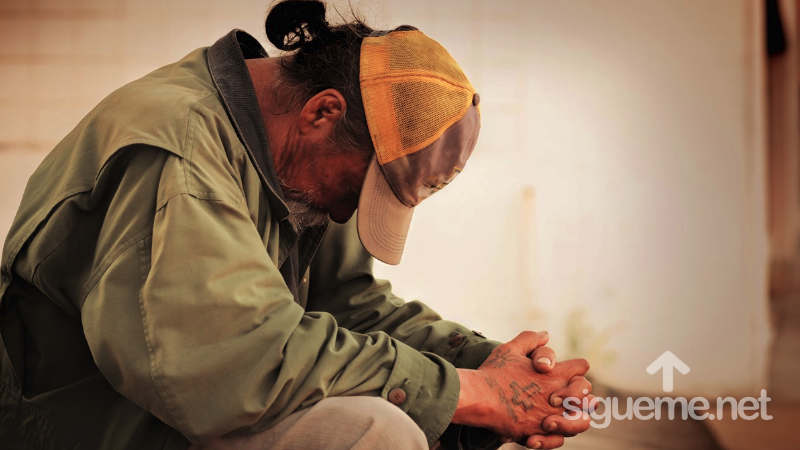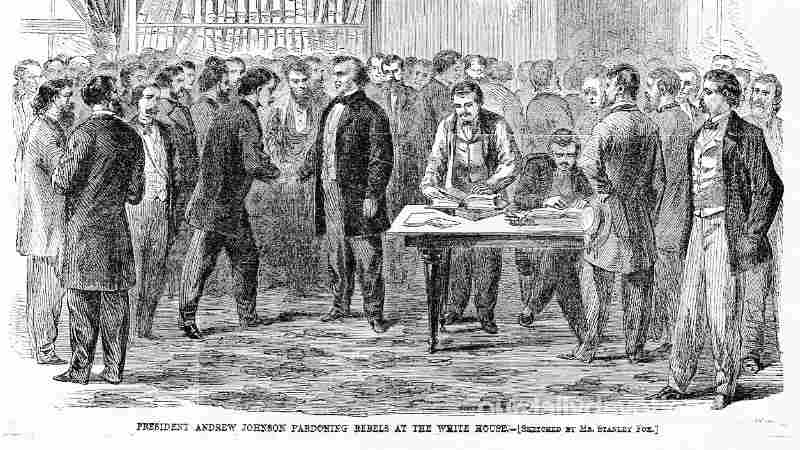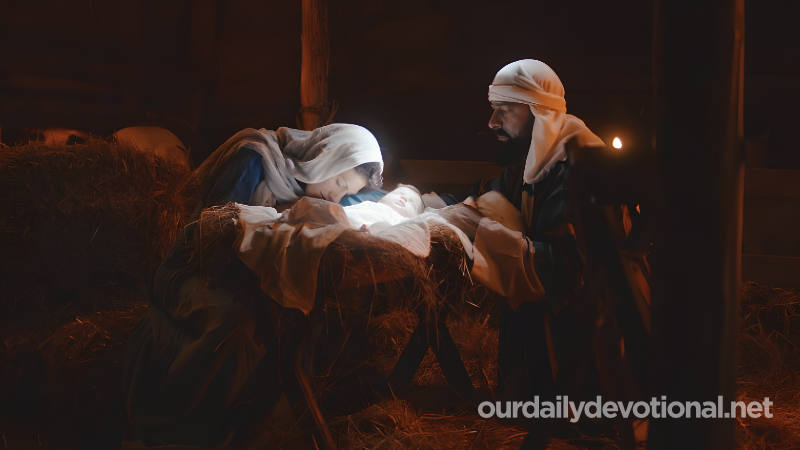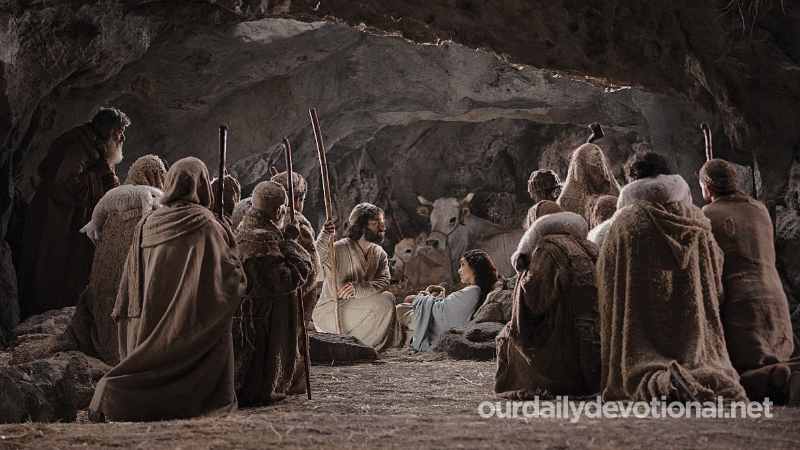"who worships God."
The apostle Paul calls Timothy “my beloved and faithful son in the Lord” (1 Cor. 4:17) and “a true son in the faith” (1 Tim. 1:2), indicating that Paul was instrumental in the conversion of Timothy.
During his first missionary journey, Paul went to Lystra, in Lycaonia, where he brought Christ to Eunice and Lois, Timothy's mother and grandmother respectively. This was also gained to the Christian faith at this time. His mother was Jewish, and his father was Greek (Acts 16:1).
Timothy, who had become an active Christian, was recommended to Paul by the brothers at Lystra and Iconium when the apostle revisited Lystra during his second missionary journey (Acts 16:2). Although he had already received the teachings of the OT in his childhood (2 Tim. 3:15), Timothy was not circumcised (Acts 16:3).
Some prophecies revealed that he was destined for a particular service (1 Tim. 1:18; 4:14). Paul and the elders laid their hands on him and consecrated him to evangelism (1 Tim. 4:14; 2 Tim. 1:6). To avoid offending the Jews, Paul circumcised Timothy.
This was a concession to traditional Jewish ideas, due to the circumstances, since Timothy's Jewish ancestry could be claimed, but this did not imply abandoning the principle of Christian freedom.
Timothy accompanied Paul through Galatia, and then to Troas, Philippi, Thessalonica, and Berea. At the latter place he stayed with Silas while Paul went to Athens (Acts 17:14). Timothy later arrived in this city. In 1 Thes. 3:1-2 it is seen that Paul sent him again from Athens to Thessalonica.
It does not appear that Silas reached Athens. Finally, he and Timothy joined Paul at Corinth (Acts 18:5; 1 Thes. 3:6), where Timothy then stayed for a time with Paul (1 Thes. 1:1; 2 Thes. 1: 1). Although the text does not say so, it is likely that he went with the apostle on his return trip.
Timothy is mentioned later in connection with Paul's ministry in Ephesus. In 1 Cor. 4:17, the author confirms that, before writing this letter, he had sent Timothy to Corinth to suppress abuses.
However, we do not know whether Timothy had already arrived at the time of sending the letter (1 Cor. 16:10); In any case, it seems that he had arrived at Ephesus, because, shortly before leaving this city, Paul sent Timothy and Erastus to Macedonia (Acts 19:22), where the apostle shortly afterwards joined his young friend (2 Cor. 1:1).
The two went together to Corinth (Rom. 16:21). Timothy is among Paul's companions on his return trip to Jerusalem, at the end of his third journey (Acts 20:4). The text does not say whether Paul went up to Jerusalem with his spiritual son.
Nor is he mentioned in connection with Paul's imprisonment in Caesarea or Paul's journey to Rome. But his name is cited in the epistles written from Rome (Phil. 1:1; 2:19-22; Col. 1:1; Phil. 1). Timothy had followed the apostle to the same capital, and shared his labors.
When Paul was released, he entrusted important missions to young Timothy. The first letter addressed to him reveals that the disciple oversaw the church at Ephesus (1 Tim. 4:12).
There he had to refute the false science of certain doctors, appoint positions, organize and discipline the church as a delegate of Paul, who shortly before dying wrote him a second epistle, considered his spiritual testament. Near suffering martyrdom, Paul awaited a visit from his spiritual son (1 Tim. 4:9, 21). We do not know if this visit took place.
The only other mention of Timothy is found in Heb. 13:23, where it is read that Timothy had been imprisoned and released. Accepting the Pauline paternity of Hebrews (see HEBREWS [EPISTLE TO THE]), this imprisonment of Timothy must have occurred between Paul's release and his second imprisonment. Nothing is known of Timothy's later years. An ancient tradition claims that he continued to lead the church at Ephesus, and that he suffered martyrdom under Domitian or Nerva.
Meaning of TIMOTHY
"who worships God."
The apostle Paul calls Timothy “my beloved and faithful son in the Lord” (1 Cor. 4:17) and “a true son in the faith” (1 Tim. 1:2), indicating that Paul was instrumental in the conversion of Timothy.







